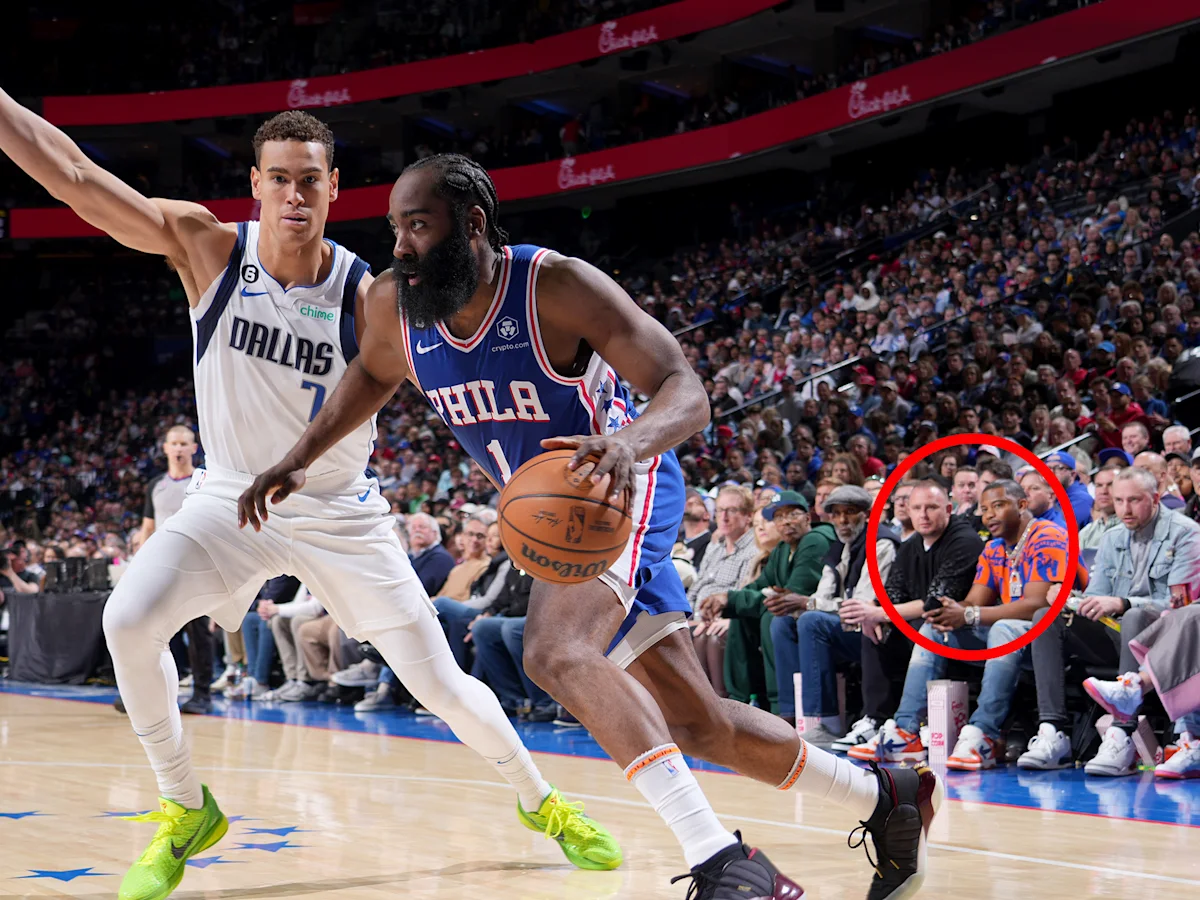In recent months, allegations of game-fixing have cast a shadow over collegiate athletics, particularly men’s college basketball. Investigations have implicated at least three programs—Temple University, Eastern Michigan University, and Mississippi Valley State University—in potential point-shaving schemes. These developments have raised concerns about the integrity of college sports and the influence of legalized gambling on student-athletes.
The controversy began with Temple University, where former guard Hysier “Fabb” Miller became the focal point of a federal investigation. Miller, who transferred to Virginia Tech after his tenure at Temple, was dismissed from the Hokies’ program due to issues prior to his enrollment. The investigation centers around a game between Temple and UAB on March 7, 2024, which exhibited unusual betting patterns. The betting line for the game shifted dramatically from UAB being favored by 1.5 points to 8 points, prompting alerts from gambling watchdog U.S. Integrity. Temple lost the game 100–72, and Miller’s performance was notably poor, with eight points and three turnovers. Authorities are examining whether Miller bet on his own games and manipulated outcomes to influence betting lines. The NCAA and FBI are involved in the ongoing investigation, though no official comments have been made as of now.
Simultaneously, Eastern Michigan University has come under scrutiny for its men’s basketball program’s involvement in a suspected gambling ring. The ring allegedly placed large wagers on prop bets involving former NBA players, including Jontay Porter and Terry Rozier. Porter admitted to manipulating his performance and has been permanently banned from the NBA. The investigation has led to the suspension of three players from North Carolina A&T, raising further concerns about the extent of gambling influence in college basketball. The NCAA has emphasized its commitment to protecting student-athletes and maintaining the integrity of competition.
These incidents are part of a broader trend of increasing gambling-related issues in college sports. The legalization of sports betting in numerous states has made it more accessible, but it has also introduced new challenges in monitoring and preventing misconduct. The NCAA has been criticized for its slow response and limited authority in addressing these issues, especially as more states permit various forms of sports wagering. While the NCAA has taken steps to ban proposition bets and enhance monitoring, the proliferation of legal betting platforms continues to outpace regulatory efforts. (
The involvement of former NBA players in these schemes highlights the interconnected nature of professional and collegiate sports. The gambling ring’s activities, which included betting on college games, underscore the vulnerabilities that exist when professional athletes are involved in illicit betting activities. The NCAA’s investigation into these matters is ongoing, and it remains to be seen what measures will be implemented to prevent future occurrences
In response to these scandals, universities have pledged to cooperate fully with investigations and have taken internal actions. For instance, Loyola University Maryland removed an individual from its basketball program after a gambling violation was discovered. The university reported the incident to the NCAA, which accepted the self-report and took no further action. Similarly, Temple University stated that it was reviewing reports of unusual betting activity related to its men’s basketball team and would take appropriate actions in accordance with university and NCAA policies.
These developments have prompted a reevaluation of the relationship between legalized gambling and college athletics. While the revenue generated from sports betting can benefit athletic programs, it also introduces risks that must be managed carefully. The NCAA and individual universities face the challenge of balancing the financial benefits of legalized gambling with the need to maintain the integrity of college sports.
As investigations continue, the outcomes will likely influence future policies and regulations concerning sports betting in college athletics. The NCAA’s response to these scandals will be scrutinized, and its actions may set precedents for how similar cases are handled in the future. The integrity of college basketball is at stake, and the actions taken in the coming months will be crucial in determining how the sport addresses the challenges posed by legalized gambling.
In conclusion, the alleged game-fixing schemes involving Temple University, Eastern Michigan University, and Mississippi Valley State University serve as a stark reminder of the vulnerabilities that exist in college sports amidst the rise of legalized gambling. While investigations are ongoing, the need for comprehensive policies and proactive measures to safeguard the integrity of college athletics has never been more pressing. The outcomes of these cases will likely shape the future landscape of college sports and its relationship with the gambling industry



